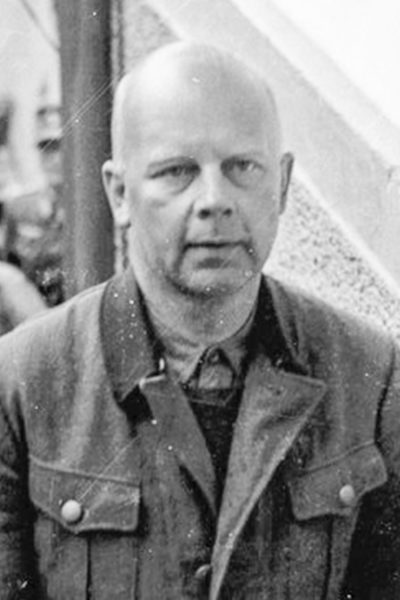Disguised as an Austrian private, former SS-Obergruppenführer Karl Oberg (1897−1965) was captured in June 1945 by American troops. Oberg was responsible for Nazi security forces (e.g., Schutzstaffel, Gestapo, and Sicherheitsdienst) in occupied France from April 1942 until the country’s liberation in August 1944. He was directly responsible for the deportations to KZ Auschwitz II-Birkenau of more than forty thousand Jews. Originally convicted of crimes against humanity by the British and then separately by a French court in 1954, Oberg’s death sentence was commuted to life in 1958 by the French president. A year later, the life sentence was further reduced to twenty years. In 1962, President Charles de Gaulle pardoned Oberg and he was set free. An aberration of justice in a case of a former Nazi convicted of crimes against humanity? No. Unfortunately, this was not an exception but rather the norm during the early postwar years.



